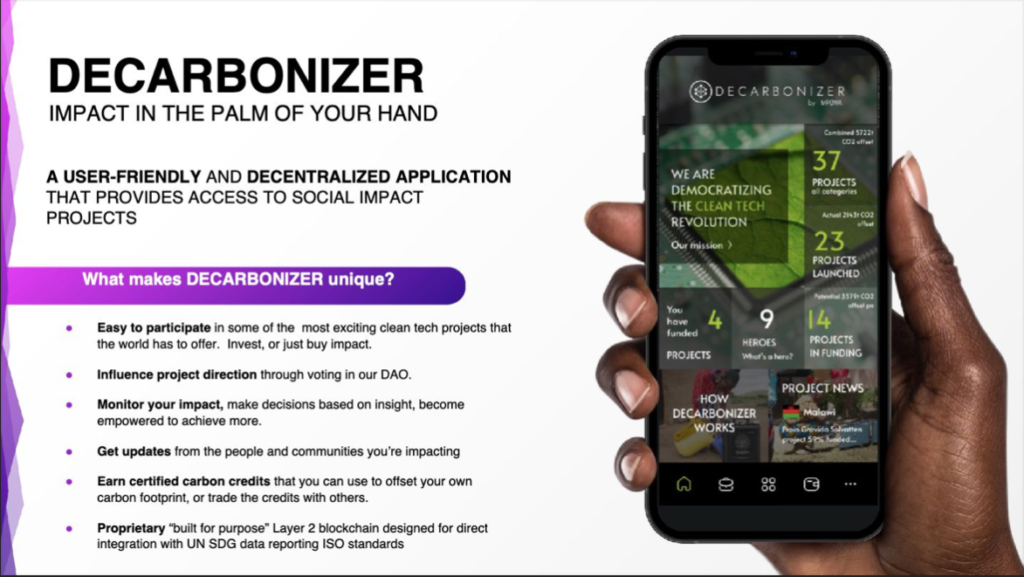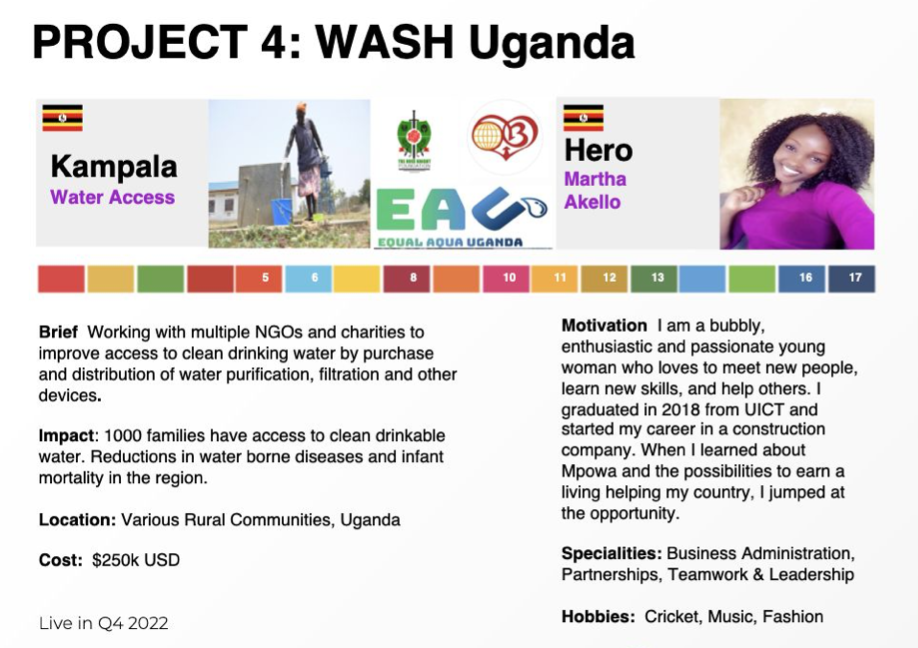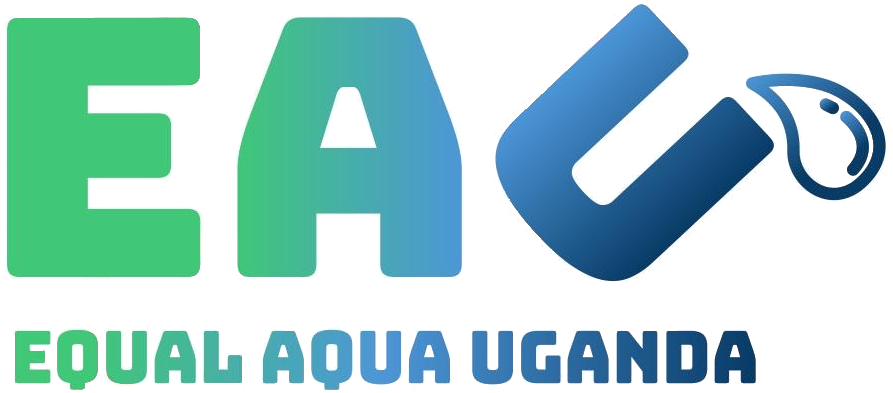Mpowa and its partners envision a future on earth where sufficient resources and ultimately abundance is realised and accessible for all. With sufficient resources, we refer to basic components for human life (not to be considered as luxuries) such as clean drinking water, sustainably farmed organic food, medical supplies, education, shelter and zero-emission energy / clean mobility.

Clean water is a key-component for maintaining overall public health, whether it is used for drinking, domestic use, food production or recreational purposes. Improved clean-water supply and sanitation, and better management of water resources, can boost countries’ economic growth and can contribute greatly to poverty reduction, hence the focus on distributing water purification devices during the pilot projects. Sustainability encourages people, politicians and businesses to make long-term decisions and take future generations into account. It encourages companies to make decisions about environmental, social and human impacts in the long term, rather than short-term profits. Sustainable development is the process of social progress that takes into account the needs of current and future generations by integrating economic, social and environmental considerations into decision-making. Companies that achieve corporate sustainability must reduce their emissions, reduce their energy consumption, source products from fair trade organisations, and ensure that their physical waste is disposed of with the lowest possible carbon footprint. Companies can make a public commitment to sustainability through measures such as waste reduction, investments in renewable energies and support organisations that offset carbon emissions. Even when big brands are committed to sustainability, it can take a long time to achieve sustainability goals, hence the creation of the carbon offset market to reach net-zero prior to demanding instant technological replacements to stop emissions.

Mpowa is utilizing Parity Technology’s Substrate Node pallet to create a blockchain that is fully customizable to what the business needs. Based on security principles, Mpowa has decided to work with EVM-based smart-contracts, due to quantitative proof of stability, instead of newer token protocols that are native to Substrate. Mpowa will nevertheless work and create a similar set of smart contracts with these new protocols, in order to support their ecosystem and provide a testing ground for these protocols to improve and professionalize. The platform utilises blockchain as a payment system to enable international participation, due to regulatory compliance, low transaction fees and instant transactions. Besides serving as a payment mechanism, we use blockchain transactions as a transport layer for information exchange.
Leveraging Non-fungible tokens to kick start social impact projects aligned with United Nations sustainable development goals. The Mpowa Blockchain, a decentralised SDG indicator tracking database, implements a distributed ledger of trusted transactions. In addition to serving as a mechanism for payments and information the technology works as a value exchange protocol. It’s similar to TCP/IP as the foundational protocol for the exchange of digital information.
